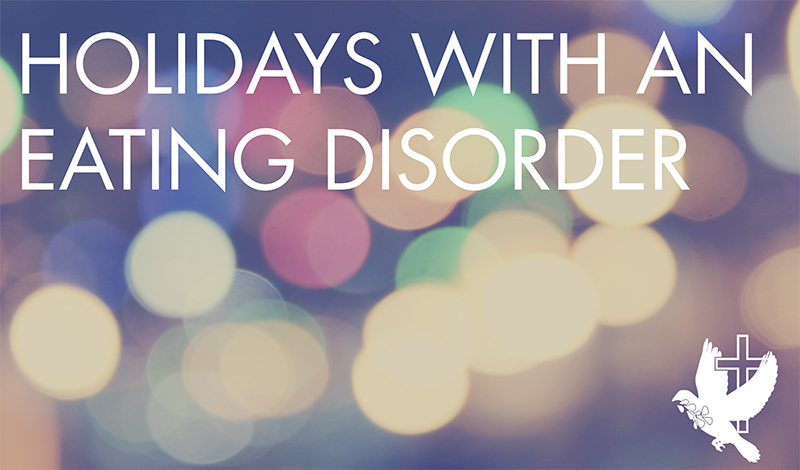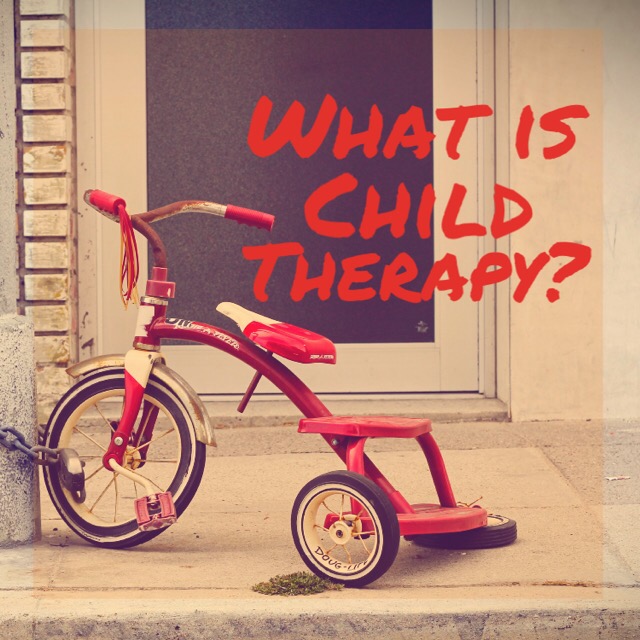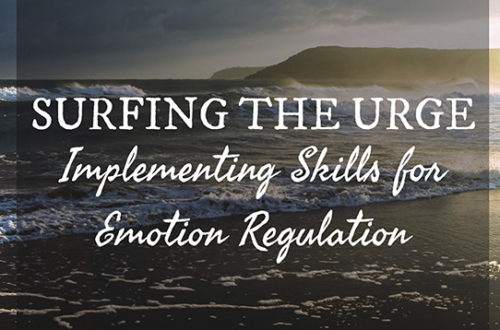
Holidays with an Eating Disorder
The holiday season is here! Almost all holiday parties and gatherings revolve around food and drink. Although this can be fun for many, it can be frightening for those with disordered eating. Creating a sense of safety around food and meal planning is essential experiencing a joyful season with family and friends. Evidence-based research has shown that if you are someone who struggles with an eating disorder, it is beneficial to navigate the holidays with the help of your treatment team. A treatment team for an eating disorder patient would include a dietitian, a therapist, and a physician. Your dietitian can cater your meal plan specifically for the holidays. Your treatment team can help you predict, prepare for, and get through any uncomfortable family interactions. If you do not have a treatment team in place, call Agape Christian Counseling Services to help get you started. You can also call your insurance company and they can help you with a list of providers in your area who specialize in disordered eating. Either way, being proactive during the holidays will help you to feel responsible for yourself!
10 Tips to Safely Navigate the Holidays with an Eating Disorder
- Now is not the time to try ‘fear foods’. Eat regularly and in some kind of reasonable pattern. Don’t skip meals and starve in an attempt to make up for what you ate recently or are about to eat.
- Worry more about the size of your heart than the size of your hips. It’s the holiday season, a great time to reflect, enjoy relationships with loved ones, and most importantly, a time to feel gratitude for blessings received and to give back through loving service to others.

- Discuss your anticipation of the holidays with your therapist, physician dietician or other member of your treatment team so that they can help you predict, prepare for, and get through any uncomfortable family interactions without having to resort to self-destructive coping attempts.
- Have a well-thought-out game plan before you go home or invite others into your home. Know “where the exits are,” where your support people are.
- Think of someone to call if you are struggling with addictive behaviors or with negative thoughts or difficult emotions. Alert them ahead of time. Let them know of your concerns, needs, and the possibility of your calling them for emotional support.
- Avoid over-stressing or over-booking yourself. Keeping stress to a minimum will help you decrease disordered eating or other unhelpful coping strategies.
- Focus on a gratitude journal. Write down the vision of who you want to BE as a person, rather than what you want to DO or what you want to look like. Check in with yourself several times per day, remembering to nurture yourself in the thoughts, feelings, and actions that match your vision for yourself.
- Be flexible. Work on being flexible in your thoughts, expectations of yourself and others. Take a holiday from perfectionism.
- Remain active in a support group during the holidays. The extra support can be appreciated during a time when isolation and withdrawal are tempting. Remember that you can be as much of a blessing to others as they can be to you.
- Be vulnerable. Share your struggle with a family member who will be present. Consider choosing one loved one to be your “reality check” with food, to either help fix a plate for you or give you sound feedback on the food portion sizes you make for yourself. Reach out rather than isolate!
Adapted from Rogers Memorial Hospital
May peace be with you this holiday season as you keep your heart and your mind in Christ Jesus.
Happy Holidays,

Kathryn Manley, MS, LPC, CST
Individual, Family, and Marriage Counseling
Certified Sex Therapist (AASECT)



